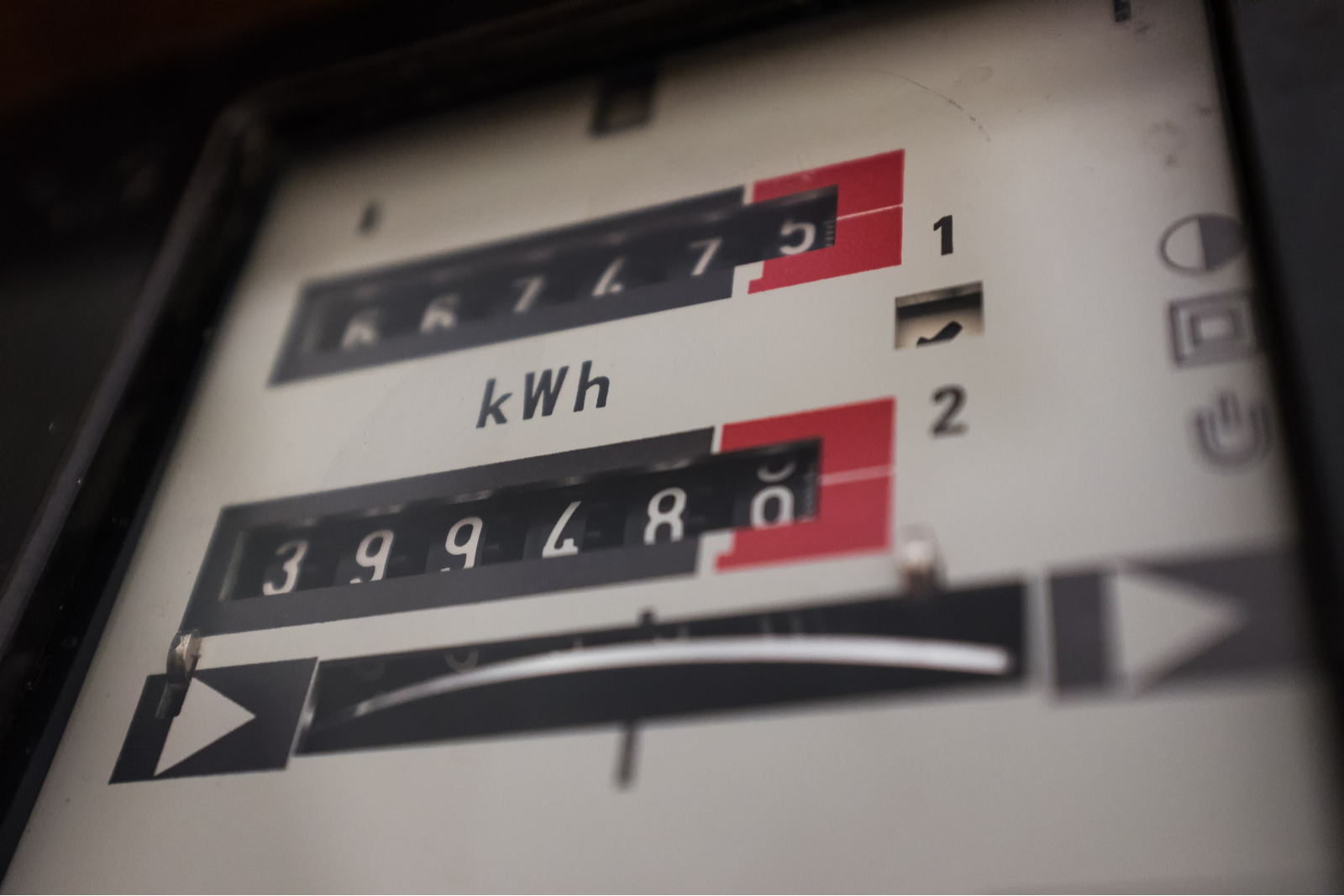Price and operation of EV charging network spelled out in regulations now before cabinet

We’re edging toward clarity on what a national charging network for EVs will look like — and how much it will cost you to power up your new electric vehicle. Regulations that set the licensing and pricing framework for electric bus and vehicle charging and prevent electricity distributors from selling directly to EV users are currently under review by cabinet, according to documents obtained by the domestic press. Under the regs, only licensed operators and investors will be allowed to run charging stations, provided they sign long-term contracts with electricity companies. Those contracts will specify the price at which the operators can purchase electricity from distributors, as well as set profit margins when stations sell to customers. Operators looking to sign contracts will also need to specify the number and specifications of charging stations and docks they’re looking to supply.
The prices for charging EVs will be set each year by the Egyptian Electricity Utility and Consumer Protection Regulatory Agency (Egyptera), which will also be in charge of handing out licenses for charging stations. Egyptera will be giving one-year licenses to interested operators as part of an early “transitional” period. When the provisional licenses expire, the operator will be eligible for five-year licenses that will renew automatically upon expiry, and are expected to cost EGP 50k, the press said without clarifying if this amount is for the provisional or full license. A senior Egyptera official declined Enterprise’s request to comment on the tariff structure.
The preliminary tariff framework Egyptera has proposed for the first year of their rollout is as follows, according to the press:
- The Cairo and Alexandria public transport authorities will get a special tariff to encourage the use of electric buses: EGP 1 per kWh for medium-voltage charging and EGP 1.21 for low-voltage.
- Commercial EV station operators will be charged EGP 1.21 per kWh. Those in areas exempt from land use fees will then be allowed to sell to customers at EGP 1.69, while those who pay land use fees will sell to customers at up to EGP 1.89.
- Operators using faster charges will be allowed to charge a higher premium. Those operators will also pay distributors EGP 1.21 per kWh, but be permitted to price a kWh of charging at EGP 3.75 when selling to end-users.
- Personal EV owners charging at home will pay typical electricity costs for household consumption.
Background: A new regulatory framework designed to steer investment into EVs has been in the works since last year. The most recent innovation came last week, when a presidential decree expanded the list of importers eligible for customs breaks to include companies involved in the manufacture and assembly of EVs. Public Enterprises Minister Hisham Tawfik earlier this year said the government hopes to build 1k fast charging stations over the next three years, adding that the private sector will be given the chance to build more. Infinity Solar subsidiary Infinity-E and EV specialized outfit Revolta Egypt are among the private sector players that have either already set up or expressed interest in setting EV charging docks.
We took a close look at whether Egypt is ready for EVs in a recent edition of Hardhat, our weekly probe into all things infrastructure.
INTERNATIONAL CONTEXT- California has banned the sale of petrol-powered cars starting in 2035, at which time any new car sold needs to be a zero-emission vehicle, the Wall Street Journal reports.